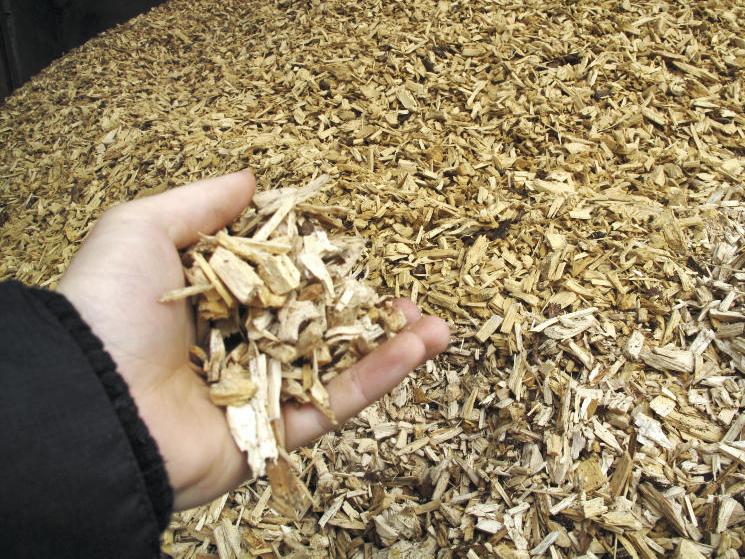Speakers at this Thursday's Composting and Anaerobic Digestion Association of Ireland conference disagreed by a factor of one to five on the potential multi-million cost of missing such EU targets.
Ireland must increase its use of renewable energy to 16% of its needs before 2020, and government agencies estimate that we will miss this obligations.
Kevin Brady, principal officer in charge of energy at the Department of Communications, Climate Action and the Environment, cited figures based on recent agreements between Luxembourg, which will miss its target like Ireland, and Estonia and Lithuania, which will exceed it. EU rules allow countries to trade these entitlements.
€60m to €70m
If the payments agreed between those countries were applied to Ireland, the annual cost would range from €60m to €70m, Brady said. This is much lower than previous estimates by the Sustainable Energy Authority of Ireland, which said that the 3% gap between the current scenario and EU targets would cost Ireland between €200m and €400m.
Co Limerick farmer and biogas producer David McDonnell likened the potential cost of missing renewables targets to the €300m earmarked to support renewable heating in the next 10 years.
"If we're going to spend that again in fines in 2020, that's a crying shame," he said.
Brady said: "We don't know that figure yet, but based on the only data we have it may be a lot less."
With agriculture accounting for one third of greenhouse gas emissions and farmers well placed to supply a large share of the country's renewable energy needs, the way Ireland progresses to meet its targets – or is financially penalised for missing them – will have big implications for the sector.
Government and industry representatives agree that Exchequer funds would be better spent investing in renewable energy now than paying penalties after 2020.
Read more
Climate change: 'Things have to change but they have to work for farmers'
Bord na Móna abandons US pellet plant plans
Speakers at this Thursday's Composting and Anaerobic Digestion Association of Ireland conference disagreed by a factor of one to five on the potential multi-million cost of missing such EU targets.
Ireland must increase its use of renewable energy to 16% of its needs before 2020, and government agencies estimate that we will miss this obligations.
Kevin Brady, principal officer in charge of energy at the Department of Communications, Climate Action and the Environment, cited figures based on recent agreements between Luxembourg, which will miss its target like Ireland, and Estonia and Lithuania, which will exceed it. EU rules allow countries to trade these entitlements.
€60m to €70m
If the payments agreed between those countries were applied to Ireland, the annual cost would range from €60m to €70m, Brady said. This is much lower than previous estimates by the Sustainable Energy Authority of Ireland, which said that the 3% gap between the current scenario and EU targets would cost Ireland between €200m and €400m.
Co Limerick farmer and biogas producer David McDonnell likened the potential cost of missing renewables targets to the €300m earmarked to support renewable heating in the next 10 years.
"If we're going to spend that again in fines in 2020, that's a crying shame," he said.
Brady said: "We don't know that figure yet, but based on the only data we have it may be a lot less."
With agriculture accounting for one third of greenhouse gas emissions and farmers well placed to supply a large share of the country's renewable energy needs, the way Ireland progresses to meet its targets – or is financially penalised for missing them – will have big implications for the sector.
Government and industry representatives agree that Exchequer funds would be better spent investing in renewable energy now than paying penalties after 2020.
Read more
Climate change: 'Things have to change but they have to work for farmers'
Bord na Móna abandons US pellet plant plans






 This is a subscriber-only article
This is a subscriber-only article









SHARING OPTIONS: